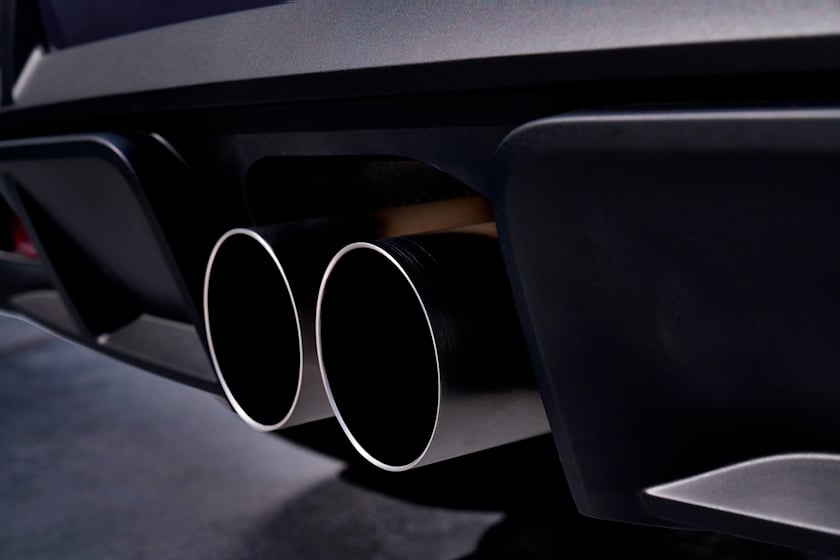A guide to choosing between a brand-new or pre-owned vehicle
There has never been a better time for car buyers to invest, thanks to a market that is flooded with second-hand vehicles and manufacturers pushing out great deals to keep up with the competition. But, while purchasing a vehicle might sound like a straightforward process, most buyers end up asking themselves, "Should I buy a new or used car?". The answer to that question is a loaded one, with pros and cons for buying new or used cars that are worth looking at.
Statistics show that used cars consistently outsell new vehicles; in 2019, around 40.8 million used car models were sold, while only 17 million new automobiles were processed in the USA. This trend, according to data analysts, continued into 2020 with the global pandemic further increasing the number of used cars for sale in the US, due to the lockdown and quarantine of local businesses, many automakers halting production, and restrictions on public transport being put in place. These numbers show just how many people buy used vs new cars in order to save money.
Added to this, recent market surveys have also determined that used cars are becoming younger, with more consumers trading up from older, cheaper vehicles. Although this means that the used car market will show a shift towards more expensive prices, it also means around 60% of available pre-owned stock is expected to be three years old, or younger, by 2022.
If so many shoppers are opting for pre-owned, why should you buy a new car? Despite the benefits of opting for a used purchase, choosing to go brand-new has its advantages too:
When it comes to buying a new car, there are a few things to keep in mind. Tips for buying a new car include doing your research on:
There has never been a better time for buying a used vehicle. The various benefits can be summarized as follows:
Whether it's an old car or a new car, there are certain things you have to look out for before buying. Some tips for buying a used car are:
There's another little secret to remember when buying a car: different times of the year will yield different prices. Did you know there are times when it is better to buy a car, and times to rather wait? It turns out that October, November, and December is the best time of year to buy a car, according to recent research. Since dealerships have sales quotas to fill, at the end of the year, prices often get lowered to draw more sales in.
Whether you buy a new or used car, there are some similarities in how you go about making the final decision. As we've discussed here, buying new cars vs. used cars requires doing some research. Remember that while the initial cost of purchase of a brand new car may be high, this is offset by lower maintenance fees - at least, in the beginning. You will spend more as time goes on and major services are required.
And, if you are still unsure about buying new vs used, here are some FAQs that may help:
Certified pre-owned cars have been extensively inspected and checked by the manufacturer - the mileage shown should thus be correct. This may not be the case if you are buying a used car from a private sale.
On modern cars, a simple diagnostics scan will show you whether or not there are any issues with the airbags and other systems such as ABS and stability control. It's a good idea to have this checked before making a purchase.
The internet is a great place to find a good seller. Consumer reviews are a good place to start, but forums and social media can be just as useful. Alternatively, look for vehicles listed for sale by a dealer on reputable automotive sites.
If you did not purchase a car with an existing warranty plan, this may seem like a disaster. And as the federal "cooling-off rule" does not apply to car purchases, this may be true. It is thus best to ensure you buy from a reputable dealership or agency, or have done your research on the private purchase. Stay away from vehicles with no information about their history.



